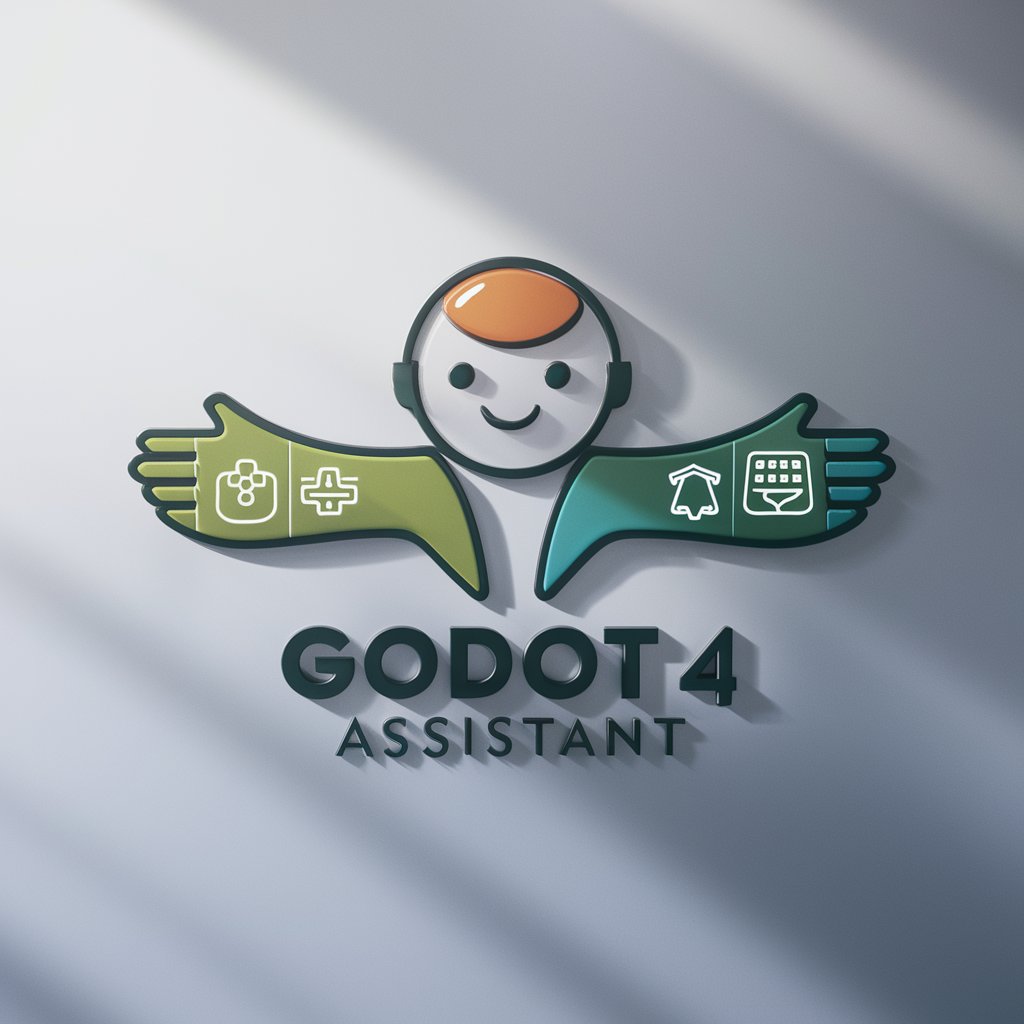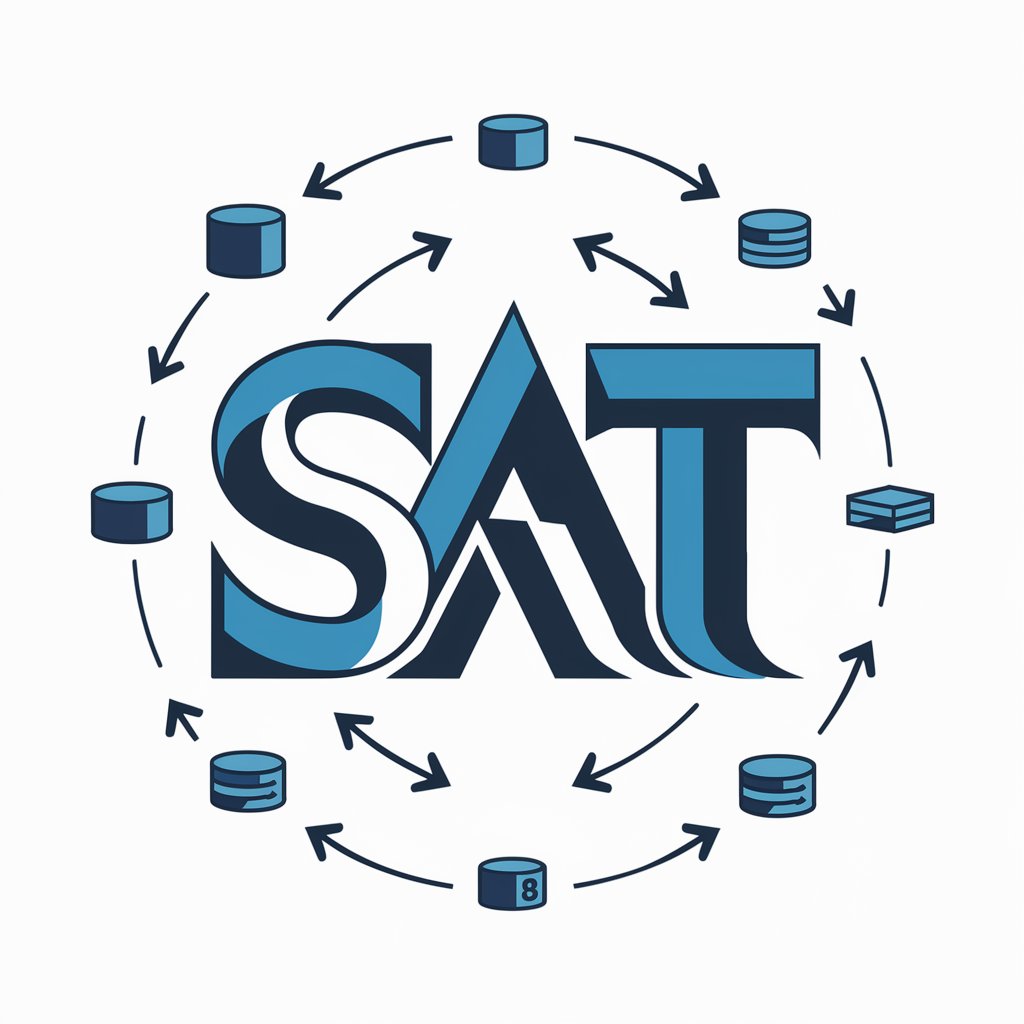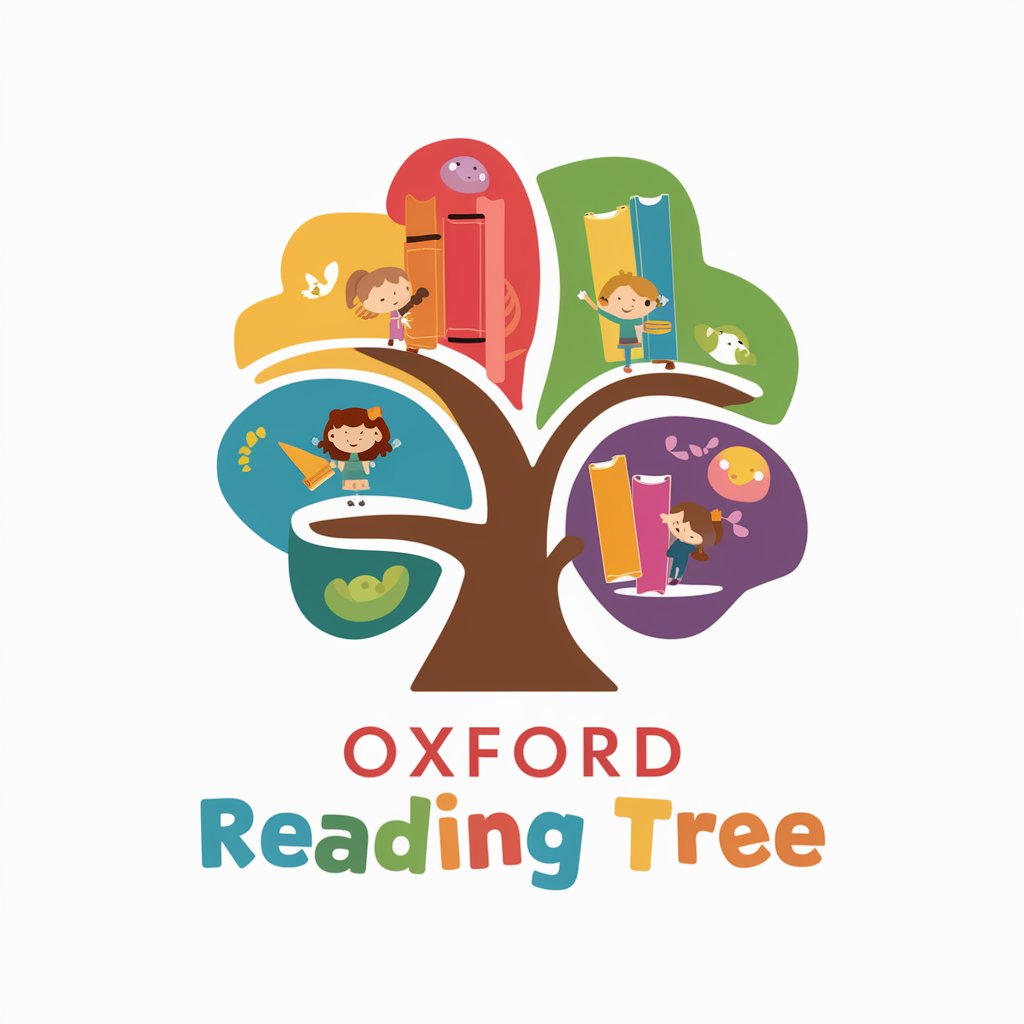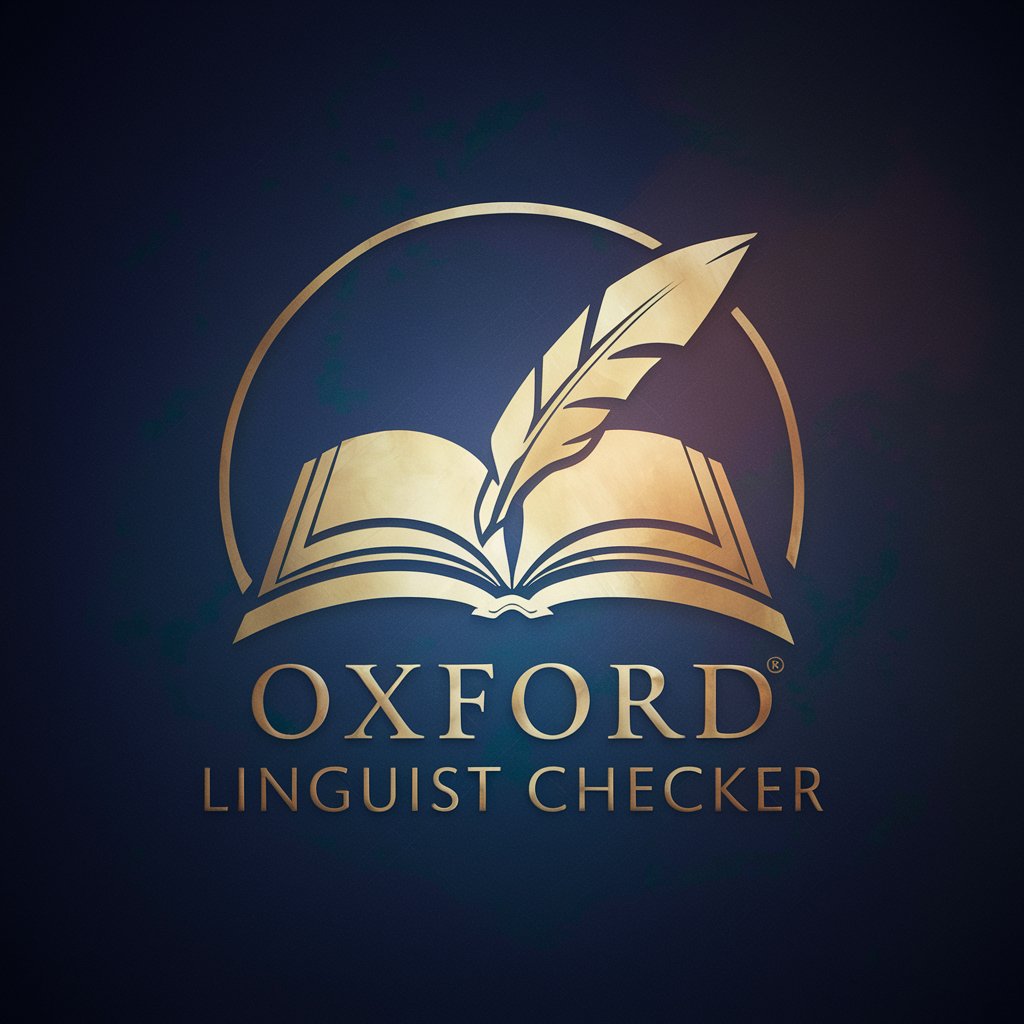
Oxford Navigator - Scholarly Lexicon Access

Hello! How can I assist you with the Oxford Dictionary today?
Empowering Words with AI
How do I access Oxford Dictionary?
Define a word from Oxford Dictionary.
Provide synonyms from Oxford Dictionary.
Tell me about Oxford Dictionary's history.
Get Embed Code
Oxford Navigator: Your Lexical Companion
Oxford Navigator is designed to be your amiable companion on the lexical journey through the English language, especially focusing on the nuanced understanding of words from the Oxford 3000 list. It embodies a conversational yet scholarly tone, making the rich tapestry of English both accessible and enjoyable. Imagine you're embarking on a treasure hunt where words are the gems; Oxford Navigator is your map and guide. Whether you're a student preparing for an English proficiency test or a writer seeking the perfect expression, Oxford Navigator elucidates word meanings, usage, etymology, and nuances through engaging dialogues and examples. Powered by ChatGPT-4o。

Diverse Functions of Oxford Navigator
Word Definitions and Usage
Example
For 'abandon': to give up completely - a practice, a course of action (verb); commonly used in the phrase 'abandon hope'.
Scenario
A student encounters the word 'abandon' in their reading material. Oxford Navigator provides a detailed definition, usage in a sentence, and common phrases to enhance understanding and retention.
Word Origin and Etymology
Example
The word 'museum' originates from the Greek 'Mouseion', a place or temple dedicated to the Muses, pointing to its storied history of being a repository of learning and culture.
Scenario
A curious language learner is fascinated by the historical contexts of words. Oxford Navigator offers a deep dive into 'museum's' etymology, connecting the learner to the ancient roots of language.
Pronunciation Guide
Example
Provides phonetic transcription and audio pronunciation for words like 'quixotic' ([kwik-ˈsä-tik]), guiding users on correct pronunciation.
Scenario
An ESL student struggles with pronouncing 'quixotic' during a presentation. Oxford Navigator aids by offering both phonetic spelling and an audio clip for practice.
Word Frequency and Level
Example
Indicates the frequency and learning level of words like 'meticulous', tagged as B2 level, signaling its importance for intermediate to advanced learners.
Scenario
An advanced English learner looking to refine their vocabulary for a proficiency exam. Oxford Navigator helps prioritize study by highlighting word levels and frequency.
Who Benefits from Oxford Navigator?
English Language Learners
From beginners to advanced learners, users benefit by expanding their vocabulary, understanding nuances, and improving pronunciation, aiding in exams and real-life communication.
Writers and Editors
Professionals seeking precision and variety in language use can explore words' depths, discovering synonyms, antonyms, and exact meanings to enrich their writing.
Academics and Researchers
Those in academic fields gain by accessing detailed word analyses, origins, and usage in scholarly writing, enhancing clarity and impact in their research and teaching.
Curious Minds
Individuals with a zest for knowledge and love for the English language explore words beyond superficial meanings, diving into etymology, history, and varied usage.

How to Use Oxford Navigator
Initiate Your Journey
Start by navigating to yeschat.ai to access a complimentary trial of Oxford Navigator, requiring no sign-up or ChatGPT Plus subscription.
Explore Features
Familiarize yourself with the tool's features, including in-depth word definitions, usage examples, and historical etymology, to maximize your learning experience.
Utilize Advanced Search
Take advantage of the advanced search function to explore word origins, synonyms, antonyms, and more, enhancing your vocabulary building.
Engage with Content
Interact with the curated content and quizzes to test your knowledge and reinforce learning, ensuring a comprehensive understanding of words.
Personalize Your Experience
Customize your learning path by bookmarking words of interest and tracking your progress, tailoring the experience to your personal learning goals.
Try other advanced and practical GPTs
Oxford Daily
Your AI-powered Oxford Companion

Oxford Historian
Empowering French historical and literary exploration with AI

Sticker Mitzvah
Unleash creativity with AI-powered sticker designs

Godot 4 Assistant
Empower Your Godot 4 Projects with AI

Academic Writing Workhorse
Empowering academic excellence with AI

SQLAlchemy Translator
Transform SQL to SQLAlchemy effortlessly with AI.

Oxford Psychologist Author
Empowering Communication with AI Expertise

Learn English -Oxford reading Tree
Bringing stories to life, powered by AI

Study English Vocabulary | Oxford
Expand Your English, AI-Powered Assistance

Oxford Linguist Checker
Perfecting English with AI precision

Oxford English Dictionary
Empowering language with AI-driven insights

Autoimmune Diseases GPT
Empowering autoimmune disease management with AI

Frequently Asked Questions about Oxford Navigator
What is Oxford Navigator?
Oxford Navigator is an AI-powered tool designed to make the Oxford Dictionary's scholarly information accessible, providing users with detailed definitions, word origins, and usage examples.
How does Oxford Navigator enhance vocabulary learning?
It offers in-depth word analyses, including etymology, synonyms, antonyms, and real-world examples, facilitating a deeper understanding and retention of vocabulary.
Can Oxford Navigator help with academic writing?
Absolutely. It provides precise word meanings, usage guidelines, and alternative suggestions to enhance clarity and precision in academic writing.
Is there a way to track learning progress on Oxford Navigator?
Yes, users can bookmark words, participate in quizzes, and review their learning history to monitor progress and reinforce their learning journey.
What sets Oxford Navigator apart from other dictionary tools?
Its integration of the authoritative Oxford Dictionary content with AI-driven features like advanced search and personalized learning paths makes it a unique and powerful tool for vocabulary enhancement.